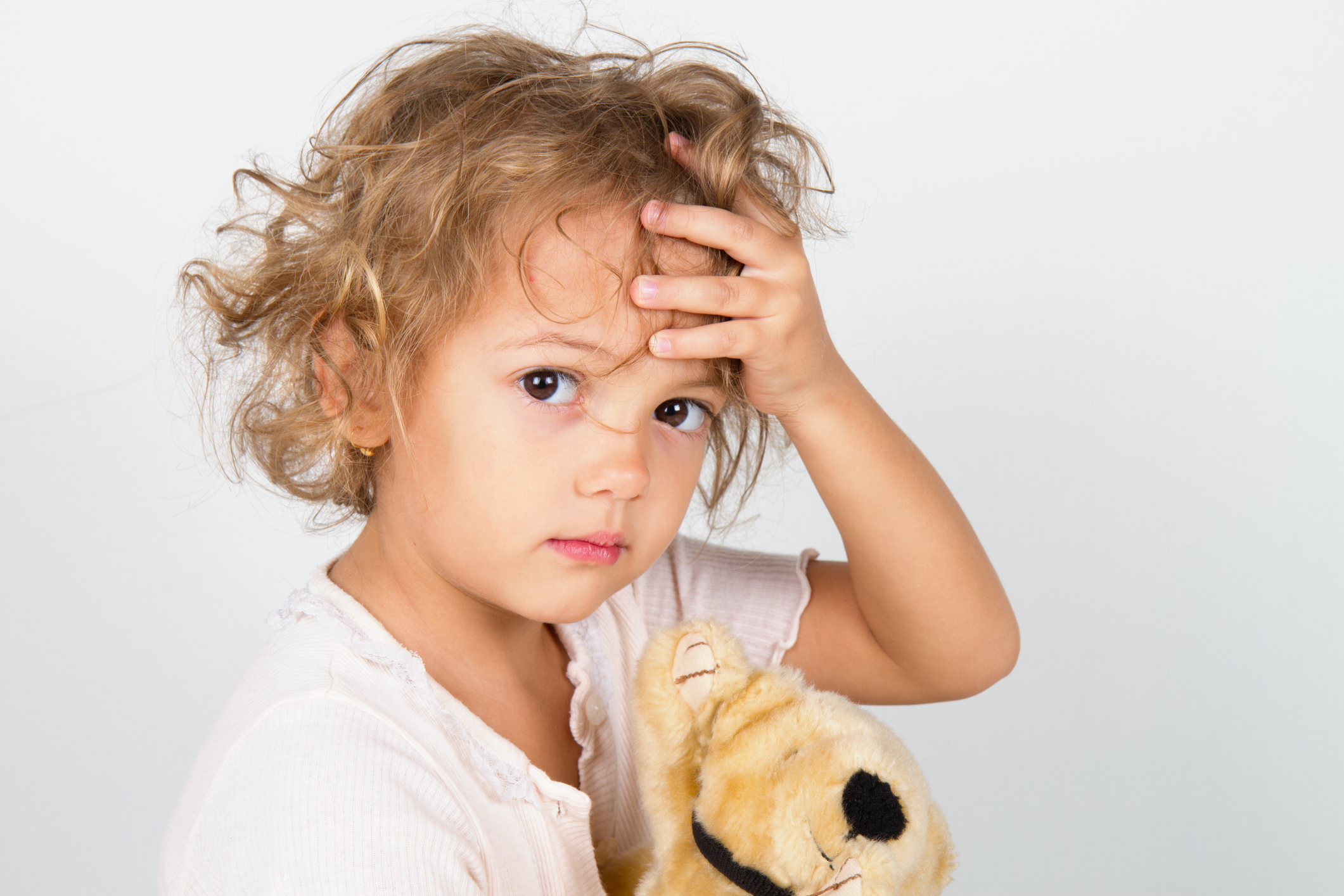 The summer months have brought an unexpected visitor for 2021…respiratory syncytial virus or RSV. We asked an expert, Pediatrician Dr. Mindy L. Calandro, about RSV, and what you, as parents, can do to recognize it and help!
The summer months have brought an unexpected visitor for 2021…respiratory syncytial virus or RSV. We asked an expert, Pediatrician Dr. Mindy L. Calandro, about RSV, and what you, as parents, can do to recognize it and help!
This virus is well known to pediatricians, but its arrival this June and July in our community has come as a bit of surprise as RSV is typically a winter time foe. It seems that mitigation measures for Covid including masking and social distancing along with increased hand washing and limiting visitors in daycare settings kept RSV at bay during the typical peak season. However, once mask mandates were lifted and people started doing more mixing and mingling, RSV made an unwelcome entrance to everyone’s summertime plans.
Respiratory syncytial virus typically presents as a runny nose, sneezing, wet cough and fever in some cases, and RSV can commonly lead to bronchiolitis which means inflammation and mucus in the little parts of the airways. Infants and children with bronchiolitis may breathe faster than usual and can show signs of more labored breathing including flaring of the nostrils, tugging at the lower neck area or under the ribs (something called retractions), or even a grunting sound with breathing. We know that with RSV bronchiolitis, it is expected for children to have worsening of their symptoms for 3-5 days before things will begin to improve. While there is testing available for RSV, it is often not needed as bronchiolitis can be diagnosed by understanding the symptoms a child is having along with a physical exam. Also, a confirmatory test for RSV really doesn’t change the treatment that is given.
RSV is highly contagious and is spread through respiratory droplets (so coughing, sneezing, drool) that enter through the nose or eyes or from unclean hands or contaminated objects like toys (think about all those infant who put everything in their mouth at daycare and share ALL the germs). This is why correct masking and good hand washing, without a doubt, reduced the spread of illnesses like RSV. After exposure to RSV, symptoms would be expected to show up within 2-8 days. Once a child has RSV, they are contagious until fever free for 24 hours (without fever reducing medication) and the other symptoms of RSV are starting to improve.
So how is RSV treated? Well, since RSV is a virus, we really just focus on treating the symptoms. This is where having some saline spray and a really great nasal suction device (I think the Nose Frida is the best) is important. You can also try sitting with your children in a steamy bathroom or near a cool mist humidifier which may help to break up and thin the mucus. Make sure that your child is getting plenty of fluids. Kids do not have to eat foods when they don’t feel well, but staying hydrated with fluids, especially with respiratory illnesses, is very important. Remember, antibiotics are not helpful for viruses like RSV, and other medications like steroids or breathing treatments are usually not helpful for the vast majority of children with RSV.
If your child has been diagnosed with RSV and has the following symptoms develop, then seek urgent medical evaluation:
-
-
- Breathing faster than usual. For infants, this would mean breathing faster than 1 breath per second
- Working harder to breathe including nasal flaring and retractions that were mentioned above
- Poor intake of fluids which may lead to dehydration
-
Almost all children will have had RSV infection by their second birthday. While some of these cases can be very mild and a simple cold with a runny nose, it is important for parents to understand what to look for as an indication of worsening of an RSV infection. I can tell you that all pediatricians will be waiting to see what the remainder of 2021 will bring as far as respiratory illnesses. Will this RSV outbreak this summer be the only RSV we see this year? Will we see our typical winter pattern of RSV and other viral bronchiolitis illnesses? Only time will tell, but all of your pediatricians here at The Baton Rouge Clinic will be ready!